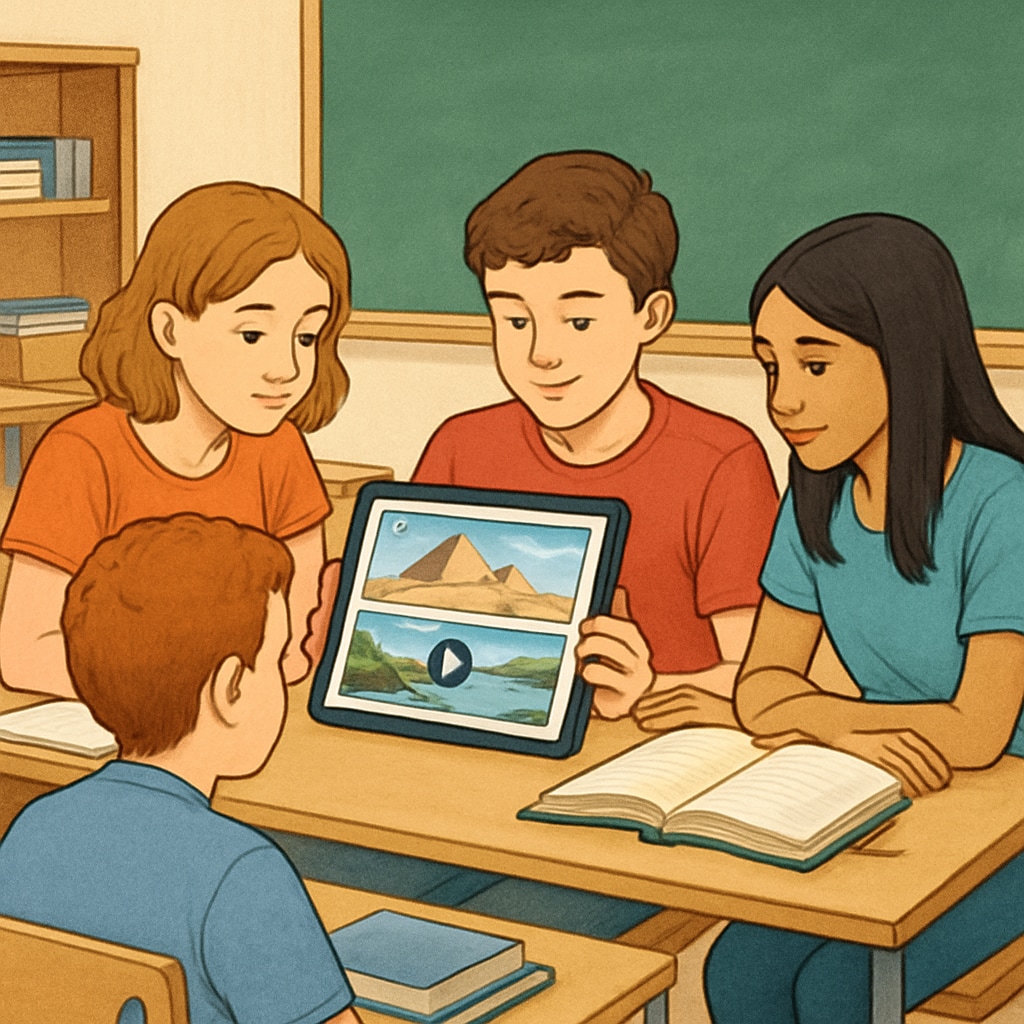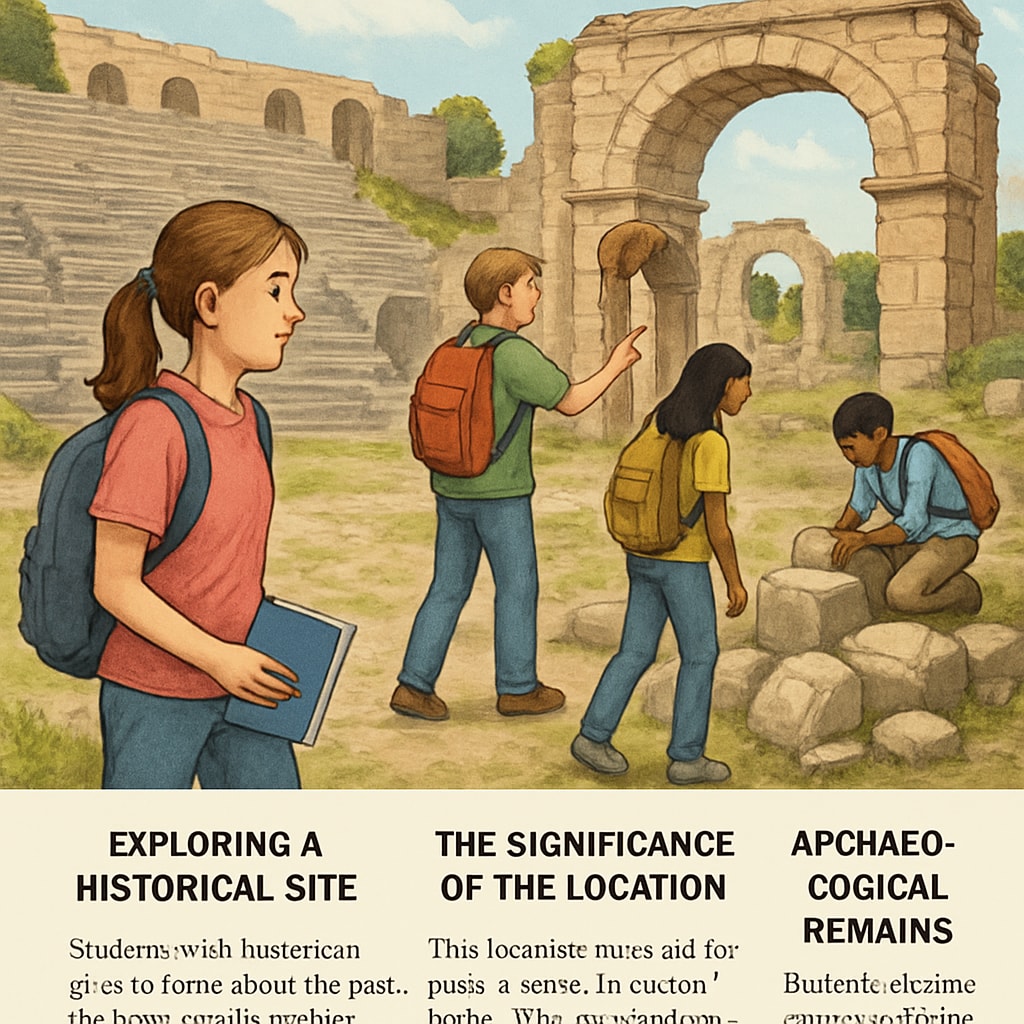In today’s digital age, short videos are reshaping how decisions are made across various sectors, including K12 educational travel. This phenomenon has piqued the interest of researchers, with one recent master’s thesis focusing on how short videos impact travel decisions and using survey questionnaires to gather data. The findings of this study have significant implications for educators, parents, and students. In this article, we explore how short video platforms influence travel-related decisions, particularly in the context of K12 students’ learning experiences, and provide actionable insights for educators to optimize this trend.
Short Videos: A New Lens for Travel Decision-Making
Short video platforms like TikTok, YouTube Shorts, and Instagram Reels are now among the most influential tools for travel inspiration. These bite-sized, visually engaging content pieces have a direct impact on how K12 students perceive potential travel destinations. For example, a quick video showcasing historical landmarks or cultural experiences can spark curiosity and a desire to explore.
- Short videos provide a virtual “preview” of destinations, giving students a sense of what to expect.
- They influence parental decisions by highlighting the safety, educational value, and overall appeal of travel programs.
- Schools often use these platforms to promote their educational travel offerings, making them more accessible and relatable to younger audiences.
As a result, short video content is increasingly becoming a pivotal tool in shaping travel decisions within the K12 educational sector.

How Short Videos Influence K12 Travel Learning Experiences
The integration of short videos into the decision-making process also enhances the learning experience for students. These videos act as a bridge between theory and practical exposure, making learning more engaging and relatable. Here’s how:
- Visual Learning: Short videos provide a dynamic way to understand historical, geographical, or cultural topics, which can then be explored during actual travel.
- Peer Influence: Students are more likely to be motivated when they see others enjoying educational trips on social media.
- Parental Assurance: Videos showcasing well-organized school trips reassure parents about the safety and educational value of these programs.
For example, a school could post a video of students exploring the pyramids of Egypt, linking the experience to their curriculum on ancient civilizations. This not only enriches the students’ understanding but also makes the destination appealing to parents and students alike.

Challenges and Opportunities for Educators
While the advantages of short videos are evident, educators face specific challenges in leveraging this medium effectively. Below are some considerations:
Challenges:
- The risk of misinformation in user-generated content.
- The potential for distraction if students focus more on entertainment than educational value.
- Unequal access to technology among students, potentially leading to a digital divide.
Opportunities:
- Developing custom, curriculum-aligned short videos to enhance learning.
- Partnering with travel organizations to create authentic, educational content.
- Using videos as a tool for post-trip reflection and reporting, helping students articulate their experiences.
By addressing these challenges and seizing the opportunities, educators can effectively integrate short videos into their teaching strategies to enrich K12 travel learning experiences.
Conclusion: The Future of K12 Educational Travel
The influence of short videos on travel decision-making is undeniable, particularly in the K12 educational context. They serve as a powerful tool for sparking curiosity, enhancing learning, and building trust among parents. However, their effective integration requires thoughtful planning and a focus on educational outcomes. By understanding the dynamics of this trend and leveraging its potential, educators can transform how students experience travel and learning in the 21st century.
For further information on this study or to participate in the survey questionnaire, please contact the author of the master’s thesis. Your insights will contribute to groundbreaking research on the intersection of short videos, travel decisions, and education.
Learn more about the impact of social media on decision-making on Wikipedia and explore the role of educational technology on Britannica.
Readability guidance: This article uses short paragraphs, lists, and transitions to ensure clarity. It minimizes passive voice and long sentences to maintain reader engagement.


